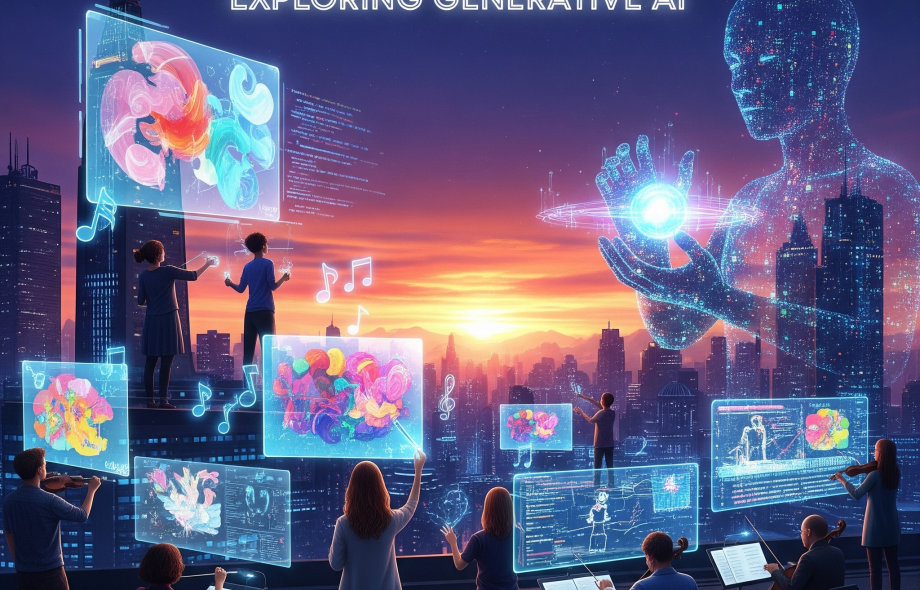In recent years, generative artificial intelligence (AI) has been making waves in the tech world. This cutting-edge technology is revolutionizing how we think about creativity and innovation. Generative AI refers to machines that have been programmed to produce new ideas, designs, or content based on their analysis of existing data. By leveraging techniques such as neural networks and machine learning algorithms, generative AI can create original and compelling output that mimics human creativity.
One of the key strengths of generative AI is its ability to generate diverse and novel solutions to complex problems. Whether it’s designing new art, composing music, or writing poetry, generative AI can produce output that is both surprising and inspiring. This technology has the potential to revolutionize industries such as design, marketing, and entertainment, by enabling faster and more efficient idea generation.
Moreover, generative AI has the capacity to enhance human creativity by acting as a tool for exploration and inspiration. Artists and designers can use generative AI to generate new ideas and concepts, which they can then further develop and refine. This collaborative approach between humans and machines can lead to innovative and groundbreaking creations that push the boundaries of traditional artistic expression.
As with any emerging technology, there are also concerns and challenges associated with generative AI. Ethical considerations, such as copyright infringement and bias in AI-generated content, need to be addressed to ensure that generative AI is used responsibly and ethically. Additionally, there are concerns about the potential misuse of generative AI for malicious purposes, such as spreading misinformation or creating harmful content.
Despite these challenges, the future of generative AI looks promising. As the technology continues to evolve and improve, we can expect to see even more groundbreaking applications in various fields. From personalized content recommendations to immersive virtual experiences, generative AI has the potential to transform how we interact with technology and the world around us.
In conclusion, generative AI is a game-changing technology that is reshaping the future of creativity. By harnessing the power of machine learning and neural networks, generative AI is unlocking new possibilities for innovation and exploration. As we continue to push the boundaries of what is possible with AI, the potential for generative AI to revolutionize the way we think about creativity is truly exciting.
 :
https://www.pinterest.com/xceltec0192/
:
https://www.pinterest.com/xceltec0192/












